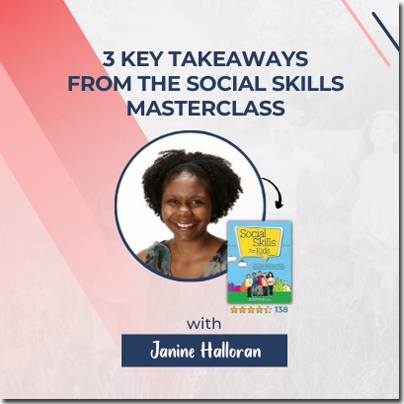 If you’ve been following along with the past few weeks of mini-series articles to prepare for the 2022 Positive Parenting Conference at AFineParent.com, then you have probably felt the energy leap off your screen! The conference literally has something for everyone, regardless of what your family structure looks like, whom you are parenting with, and how many children you may have.
If you’ve been following along with the past few weeks of mini-series articles to prepare for the 2022 Positive Parenting Conference at AFineParent.com, then you have probably felt the energy leap off your screen! The conference literally has something for everyone, regardless of what your family structure looks like, whom you are parenting with, and how many children you may have.
Take, for example, our next highlighted masterclass expert, Janine Halloran. As the Editor-in-Chief and a writer for AFineParent.com, I was so excited to have early access to the Social Skills Masterclass. Janine is a licensed mental health professional who has been working with children and adolescents for 15 years. She is also the author of Social Skills for Kids: Over 75 Fun Games & Activities for Building Better Relationships, Problem Solving & Improving Communication, which was the inspiration for this masterclass.
Janine makes the immediate point that all children have different innate levels of social awareness, with some having much more natural social skills than others. As a parent of three very socially different children, this was a relief to hear. Although I am a behavior specialist at a special education school by profession, and social skill diversity is not a new topic for me, feeling “okay” with my own children’s diverse social awareness has always been a different story.
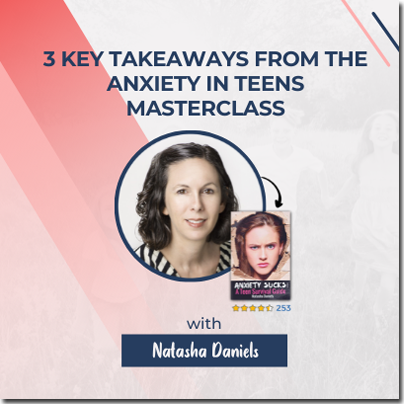 Making the commitment to positive parenting is not always as simple as we wish. During times of chaos, stress, and anxiety (for us or our kids), sticking with a positive parenting approach often needs to be a very conscious and deliberate choice. It doesn’t always come naturally!
Making the commitment to positive parenting is not always as simple as we wish. During times of chaos, stress, and anxiety (for us or our kids), sticking with a positive parenting approach often needs to be a very conscious and deliberate choice. It doesn’t always come naturally! 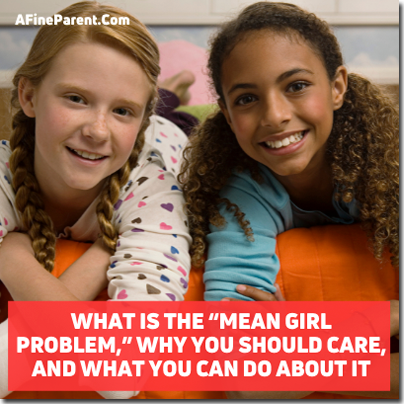 I still remember getting my first perm in middle school and smiling from ear to ear when the most popular girl in the school touched my hair and told me it “looked great.” That compliment felt like a rite of passage, at an age where acceptance was constantly sought out by most girls–even at the cost of meanness.
I still remember getting my first perm in middle school and smiling from ear to ear when the most popular girl in the school touched my hair and told me it “looked great.” That compliment felt like a rite of passage, at an age where acceptance was constantly sought out by most girls–even at the cost of meanness.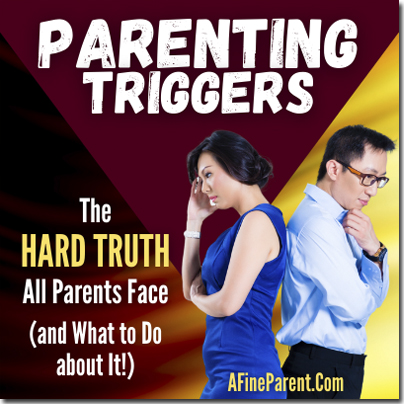 “No.”
“No.”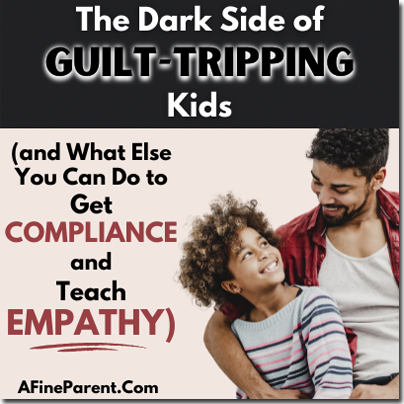 “I work all day to put a roof over your head, and you can’t even wash a few dishes?”
“I work all day to put a roof over your head, and you can’t even wash a few dishes?”